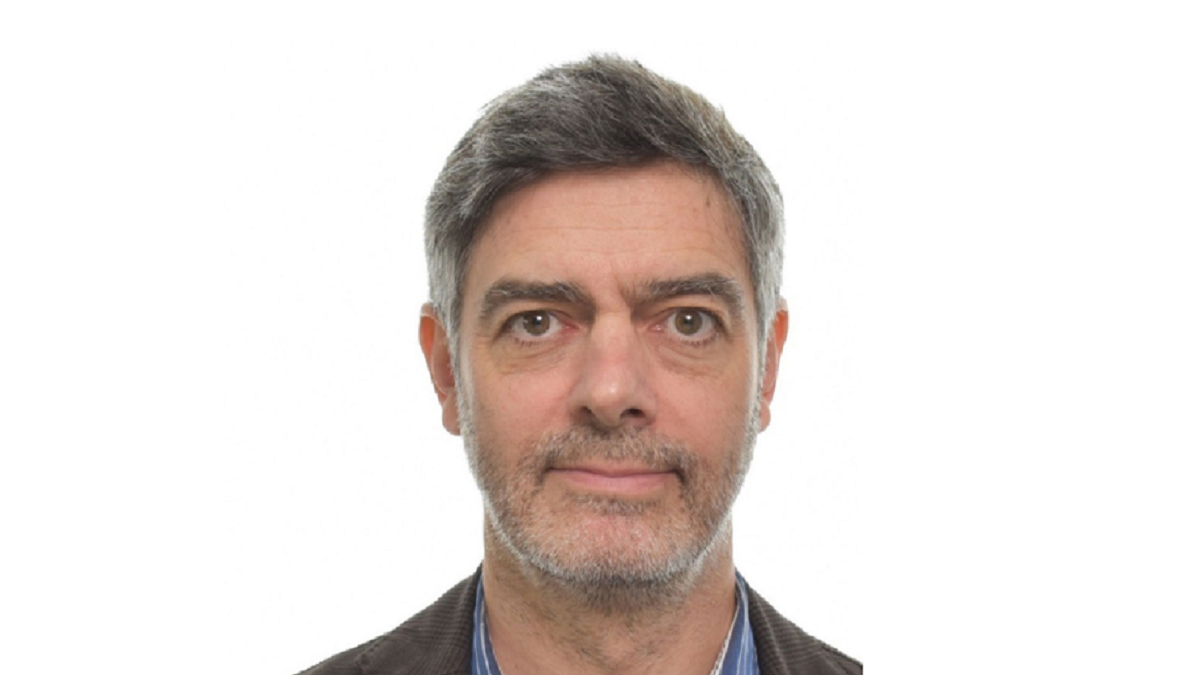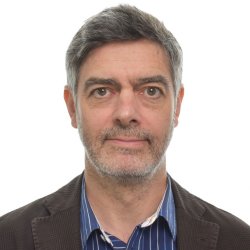Meet the academic: Professor Dorje Brody
Professor Dorje Brody, the Programme Leader on our MSc Mathematics and MSc Financial Data Science explains how maths can open the door to a world of opportunities in research and industry.

"The more mathematical skills you acquire, the wider the possibilities open up," says Dorje.
Could you tell us something that isn’t on your staff profile page?
After MSc and PhD studies in theoretical physics in London, I continued to work in and around the Greater London area – Cambridge, Imperial College and so on – before joining Surrey in 2018. I continue to work in the area of theoretical physics, as well as a range of areas in applied mathematics, such as financial modelling, mathematical models for ‘fake news’ and quantum biology.
What’s your favourite memory of being a student?
For my undergraduate degree, I studied physics at the University of Niigata in Japan, a coastal town offering an ample supply of fresh seafood and plenty of snow in the winter. The institution had a strong tradition in statistical physics.
I was fascinated by learning how a simple mathematical model can describe the observed phenomena of phase transitions – for example, liquid turning into gas when heated. This motivated me to study physics further.
How and why did you become an academic?
I enjoy modelling and understanding what we observe. The real world is full of mysteries and offers an unlimited supply of interesting questions to think about. In academia, if you do well you have the opportunity to choose whatever you want to think about. You travel to interesting places for conferences and meet interesting people. It's ideal work for me.
What excites you most about your current role?
Conducting research and making discoveries, communicating ideas with colleagues, and working with collaborators and students.
What is your area of academic expertise?
I apply geometric and probabilistic approaches to a wide range of areas in physical and social sciences. I like to think about solving interesting open questions that lead to a better understanding of the world that we live in.
So what I actively work on presently, which concerns building a quantum theory of space-time, may be unrelated to what I will be working on in two years.
Why should people study at postgraduate level in your academic area?
If you enjoy mathematics or mathematical sciences more generally, then the more advanced you progress the more interesting it gets. The joy of discovering deep connections between seemingly unrelated areas of mathematics is immense. That would be for ‘purists’.
If you are interested in applications or how mathematics is used in practical circumstances – for example, wanting to land on a quant position at an investment bank – then what you learn at the undergraduate level is often not enough to deal with real-world problems. The more mathematical skills you acquire, the wider the possibilities open up.
Either way, postgraduate studies in mathematical sciences are likely to be beneficial. At Surrey, we have research groups in a wide range of areas, and our courses – such as our MSc Mathematics and MSc Financial Data Science – expose you to topics that are related to cutting-edge research activities.
What are you looking for in a postgraduate student?
First and foremost, to have a real interest in the subject.
Learn more about studying for a masters in mathematics at Surrey.
